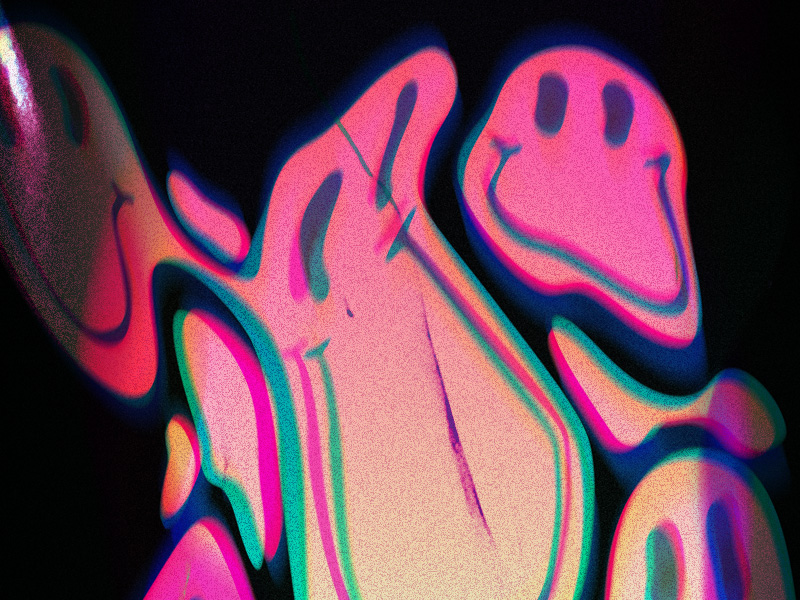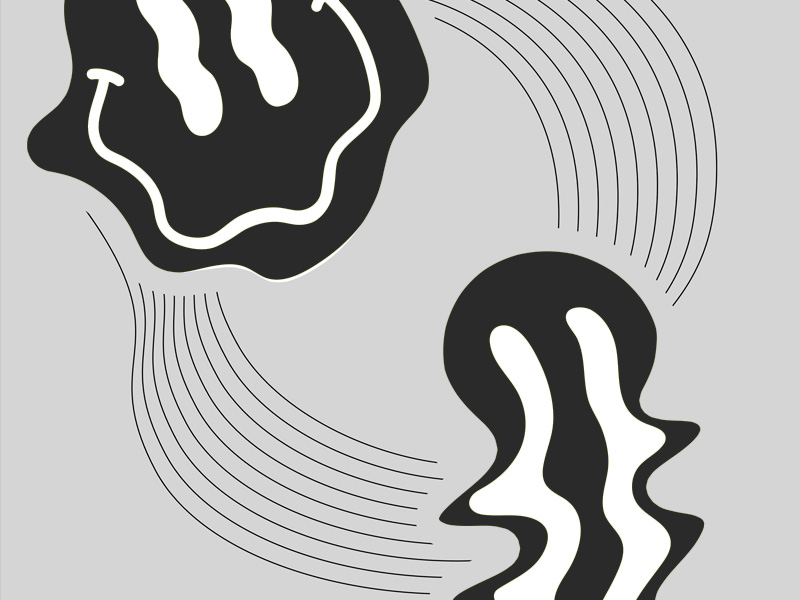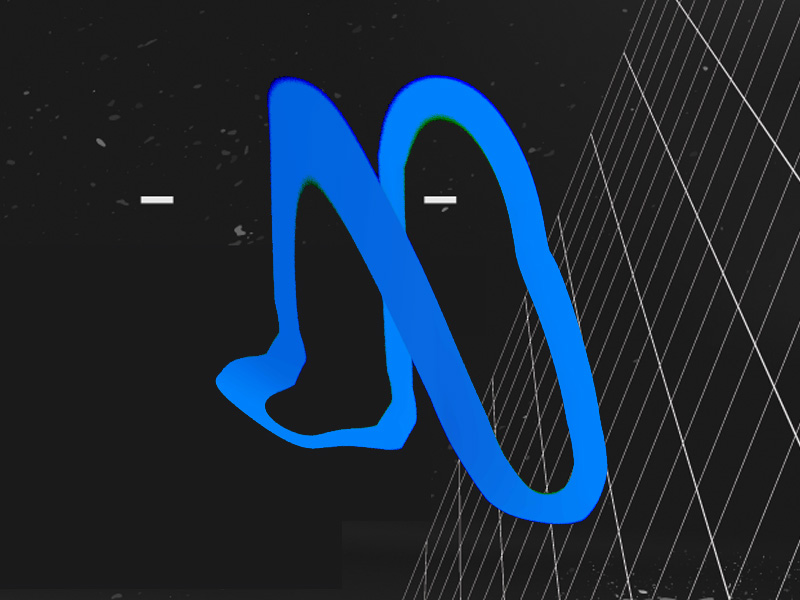As I sit down to write this, my phone is buzzing with notifications from various social media platforms. Instagram likes, Twitter mentions, Facebook updates—each ping beckons for my attention.
It’s a familiar scene, one that many of us experience daily. The constant pull of social media is hard to resist, and lately, I’ve been wondering if it’s taking a toll on my mental health.
This led me to explore the concept of a digital detox: taking a break from social media to reclaim some peace of mind. Could this be the key to better mental health?
The Allure of Social Media
Social media has become an integral part of our lives. It keeps us connected with friends and family, provides a platform for self-expression, and serves as a source of news and entertainment.
But with these benefits come significant downsides. The constant barrage of information, the pressure to present a perfect image, and the endless cycle of comparison can be overwhelming.
I’ve noticed that after spending hours scrolling through my feeds, I often feel anxious and drained.
According to a study by the Royal Society for Public Health, heavy social media use is linked to increased rates of anxiety, depression, and poor sleep.
This made me question whether stepping back from these platforms might improve my mental well-being.
What is a Digital Detox?
A digital detox involves taking a break from digital devices, particularly social media, to reduce stress and improve mental health.
This can range from a few hours of unplugging each day to taking extended breaks lasting weeks or even months.
The goal is to disconnect from the constant connectivity and give your mind a chance to rest and reset.
I decided to try a digital detox for a week. At first, the idea of not checking my social media accounts felt daunting. Would I miss out on important updates?
How would I stay connected? But as the week progressed, I found myself feeling more present and less anxious. The absence of constant notifications was surprisingly liberating.
The Benefits of a Digital Detox
One of the most immediate benefits I noticed was an improvement in my sleep quality. Without the blue light from my phone screen disrupting my circadian rhythm, I fell asleep faster and slept more soundly.
A study by the National Sleep Foundation supports this, highlighting how reducing screen time before bed can enhance sleep quality.
Another significant benefit was a reduction in stress and anxiety. Without the pressure to keep up with social media, I felt more relaxed and at ease.
The comparison trap—constantly measuring my life against the highlight reels of others—was no longer a source of stress.
Research from the American Psychological Association indicates that social media can contribute to stress by creating unrealistic expectations and fostering a sense of inadequacy.
Reconnecting with the Real World
One of the most rewarding aspects of my digital detox was reconnecting with the real world.
I found myself more engaged in conversations, more focused on tasks, and more appreciative of my surroundings. I spent more time outdoors, reading books, and engaging in hobbies that I had neglected.
This experience reminded me of the importance of real-life connections and experiences.
Social media can create an illusion of connection, but nothing compares to the depth and richness of face-to-face interactions.
According to a study by Harvard University, excessive use of digital media is linked to feelings of social isolation, whereas in-person interactions are crucial for emotional well-being.
Challenges of a Digital Detox
While the benefits of a digital detox are clear, it’s not without its challenges. The initial withdrawal can be difficult, as we are so accustomed to the constant stimulation of social media.
There’s also the fear of missing out (FOMO)—the anxiety that important events or updates are happening without us.
During my detox, I had moments of doubt and temptation to check my accounts. However, setting clear boundaries and reminding myself of the reasons for the detox helped me stay committed.
It also helped to inform friends and family about my break, so they knew to reach me through other means if needed.
The Influence of Social Media Algorithms
A significant aspect of social media’s addictive nature is the algorithms that curate our feeds.
These algorithms are designed to maximize engagement by showing us content that we are most likely to interact with.
This often means that we are bombarded with sensational and emotionally charged content, which can be mentally exhausting.
Understanding this helped me realize the importance of taking control of my digital consumption rather than letting algorithms dictate it.
Finding a Balance
After my week-long detox, I reintroduced social media into my life, but with a more mindful approach.
I set limits on my usage, avoided checking my phone first thing in the morning or before bed, and made a conscious effort to engage more in real-life activities.
This balanced approach allowed me to enjoy the benefits of social media without feeling overwhelmed by it.
Practical Tips for a Digital Detox
If you’re considering a digital detox, here are some practical tips that helped me:
- Set Clear Goals: Define why you’re taking a break and what you hope to achieve. This will help you stay motivated.
- Gradual Reduction: If a complete detox feels daunting, start by reducing your usage gradually.
- Use Apps: There are apps available that can help you monitor and limit your social media use.
- Notify Your Network: Let friends and family know about your detox, so they understand your absence online.
- Find Alternatives: Engage in activities that don’t involve screens, such as reading, exercising, or spending time outdoors.
Conclusion
Taking a break from social media through a digital detox can significantly improve mental health by reducing stress, enhancing sleep, and fostering real-life connections.
While it may seem daunting at first, the benefits far outweigh the challenges. By finding a balance and using social media mindfully, we can reclaim our peace of mind and live more fulfilling lives.
For anyone feeling overwhelmed by the constant connectivity, I highly recommend trying a digital detox. Even a short break can provide a much-needed reset and help you reconnect with what truly matters.
For more insights on the impact of social media and tips for managing digital usage, check out resources from the Royal Society for Public Health, the National Sleep Foundation, and the American Psychological Association.




